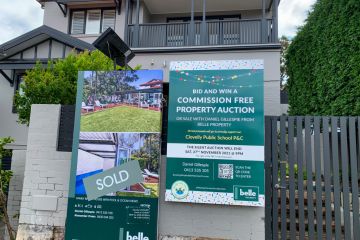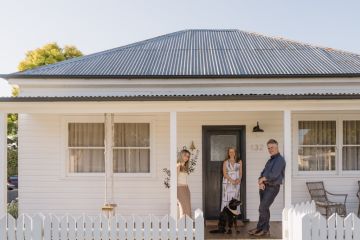Five questions to ask yourself before selling an investment property
Novice and experienced investors alike may find themselves agonising occasionally over the right time to sell an investment property.
It’s one of the hardest property decisions an investor will have to make, but getting it right can mean realising hundreds of thousands of dollars of profit.
On the other hand, getting it wrong can be a regretful decision that will set you back.
Many factors affect whether selling an investment property is a good idea, but asking yourself five key questions can help determine the right approach.
1. Do you need the money?
Circumstances in life can change, and the need for cash can suddenly arise. Renovating a principal place of residence or trading up to a bigger home can be expensive, and selling a property may free capital to fund the transaction.
Investors should ask themselves if the cost of owning a property detracts from other parts of their life, says David Ryman, of 1st Street Financial.
“If that’s the case, then you seriously need to consider whether it’s the right thing to be holding on to,” he said.
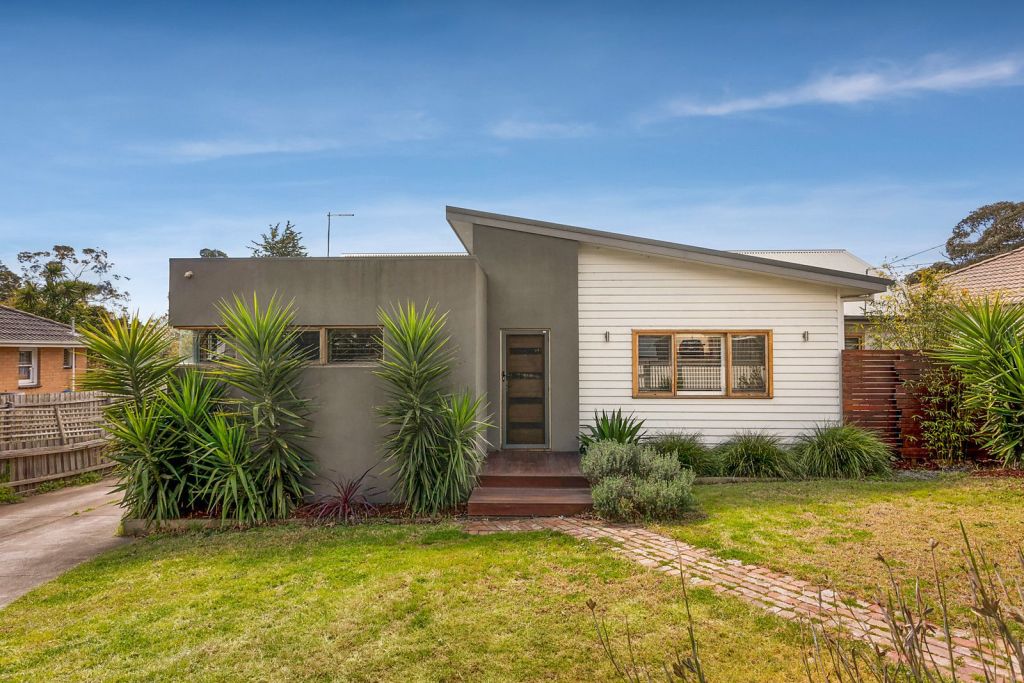
To determine whether selling the property will free enough cash, calculate how much money will remain after expenses, such as preparing the property for sale, agent fees and paying down debt. Don’t forget capital gains tax, which most investors will have to pay when selling a property.
2. Is the property performing poorly?
While investors should have a medium to long-term focus, if a property is a poor performer over an extended period, perpetual issues may prevent it from growing in value, says financial planner Chris Bate, founder of Wealthful.
“If it’s a poor asset because it’s fundamentally flawed for some reason, you’ve not only got a risk of it not going up in value, but you’re basically wasting time and borrowing capacity,” Bates said.

While the dwelling itself can be changed, its location can’t, and it may make sense to invest in a better-quality property instead.
3. Is the property effectively capitalised?
Investors considering selling should also determine whether further equity can be manufactured before selling the property.
A cosmetic renovation is one of the simplest ways to improve the value of a dated investment property, and in most cases, it’s relatively affordable. Avoiding overcapitalising is the key.
Some investors may consider more complex strategies such as building a secondary dwelling like a granny flat, subdividing the land or gaining approval for developments including a new house, a duplex or townhouses.
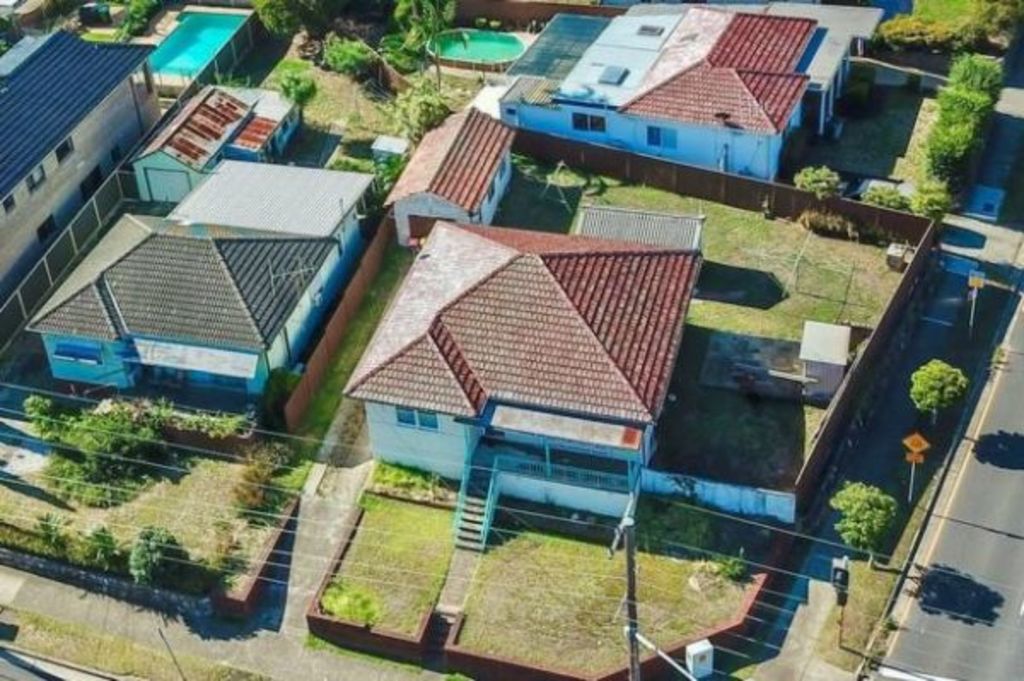
4. Would I buy the property again, today?
Market conditions, suburb fundamentals and the real estate landscape may all have changed between the time you bought the property and now. If you feel buying the property wouldn’t be a wise investment today, it may be time to sell and invest elsewhere.
“You have to look at what the conditions were over that five to 10-year period economically,” Bates said. “Were they great years or were they tough years?”
This can be an issue, particularly in regional areas, where historic price growth may have been driven by economic factors that have since changed, such as a mining or tourism boom.
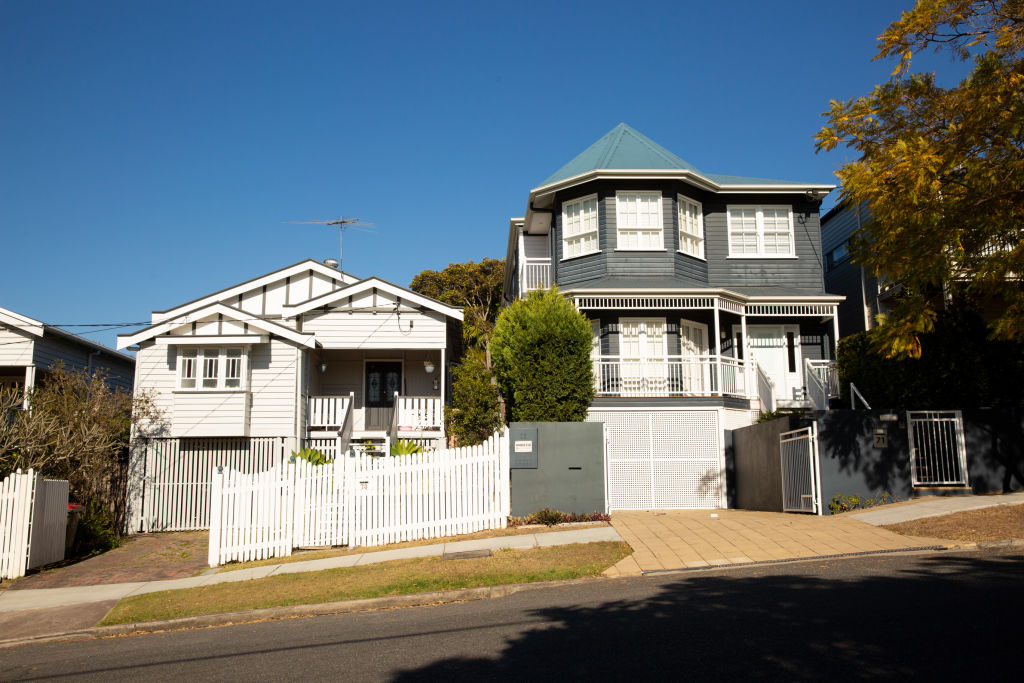
An investment property that was previously the family home may lack the fundamentals that underpin wiser investments and may appeal to only specific tenants, says Wakelin Property Advisory director Paul Nugent.
“If you’re thinking about it in terms of a traditional family home, the tenants you’re attracting will likely be another family,” he said. “You can end up with high wear and tear and high maintenance costs associated with it.”
5. Are there better investment opportunities?
If the estimated growth in value of your investment property is outweighed by more lucrative opportunities, selling can free funds for better investments.
“People end up holding assets just for the sake of it because they’ve got this belief that you never sell,” Bates said.
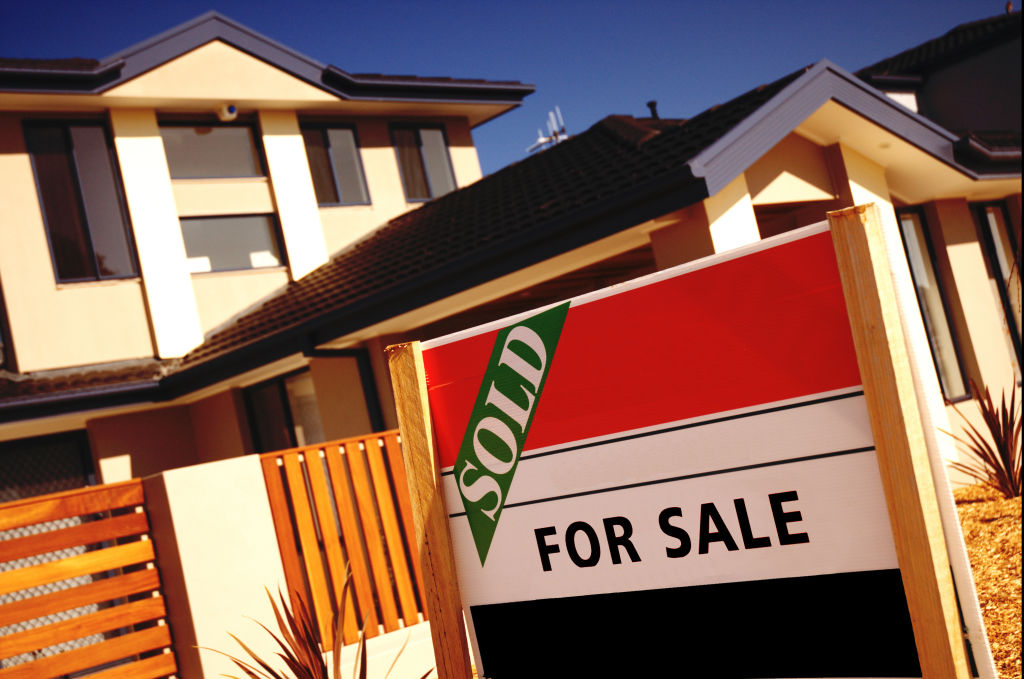
Investors in this position need to ensure opportunity costs outweigh recycle costs.
Opportunity costs refer to the difference between the future growth of your current property and the future growth of the new property.
For example, If your existing property is estimated to grow in value by $100,000 over the next five years, but a different property of the same value is estimated to increase in value by $200,000 over the same period, there is an opportunity cost of $100,000.
Recycle costs refer to the expenses of trading properties, such as agent, legal and marketing costs to sell the original property, and stamp duty to buy the new property.
“The transaction costs with property are quite high,” said Ryman. “You don’t want to be turning them over too often.”
If you’re ready to sell, find out how to prepare your property, choose an agent, set the price and more in Domain’s Ultimate Guide To Selling Your Home.
We recommend
We thought you might like
States
Capital Cities
Capital Cities - Rentals
Popular Areas
Allhomes
More
